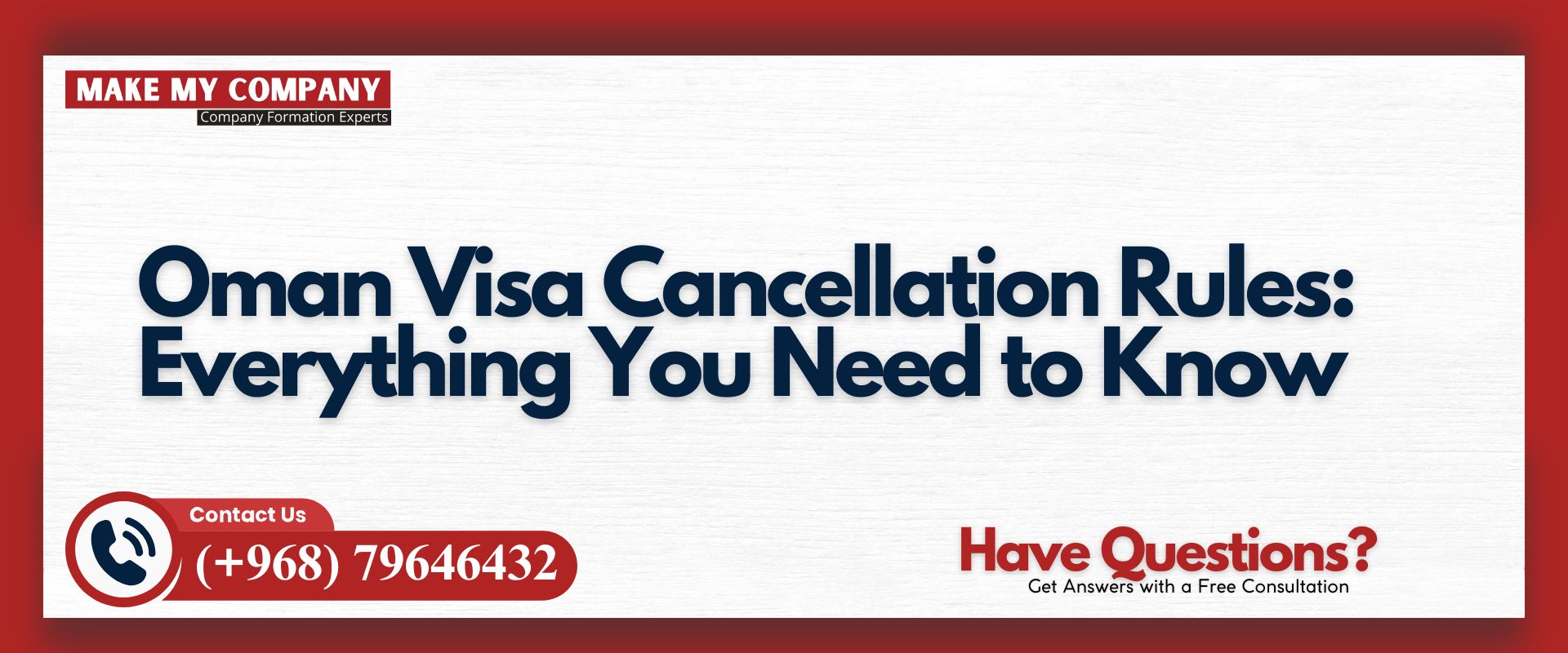Running a business in Oman requires more than just strategy and market understanding—it also involves careful compliance with tax rules. One of the most important aspects of financial planning for companies in Oman is understanding tax deductions and allowances. These provisions help reduce the overall tax burden and ensure businesses remain competitive while staying fully compliant with Omani law. This guide provides an in-depth explanation of how deductions work, what allowances are available, and how businesses can optimize their tax planning strategies in Oman.
Table of Contents
Understanding Tax Deductions in Oman
Tax deductions in Oman are expenses that companies can subtract from their taxable income, reducing the amount of corporate tax owed. The government allows certain business costs to be deducted, provided they are incurred wholly and exclusively for business purposes. By using allowable deductions, companies can lower their taxable base and reinvest savings into growth. These deductions play a vital role in improving cash flow while also encouraging compliance with Omani tax laws.
Importance of Tax Deductions for Businesses
For businesses, tax deductions mean reduced costs and more profitability. They not only ease financial burdens but also promote investment in local operations. When businesses use deductions wisely, they can fund expansion, improve infrastructure, and strengthen employee development. The Oman corporate tax system is designed to ensure fairness by recognizing legitimate business expenses while discouraging tax evasion. This balance supports sustainable economic growth and builds investor trust.
How Deductions Fit into Corporate Taxation in Oman
Corporate taxation in Oman is set at a standard rate of 15% for most businesses. Deductions reduce the taxable income on which this percentage is applied. For example, if a company earns OMR 100,000 in revenue but claims OMR 30,000 in deductible expenses, tax applies only to the remaining OMR 70,000. By applying deductions and allowances, businesses align with legal frameworks while improving long-term financial stability.
Key Allowances for Businesses in Oman
Tax allowances provide additional relief to companies by reducing their taxable income beyond standard deductions. These allowances are intended to support investments, promote innovation, and encourage corporate responsibility. Oman offers specific allowances that can significantly benefit businesses when applied correctly. Understanding these opportunities ensures companies take full advantage of what the tax system provides.
Depreciation Allowances on Assets
One of the most important allowances in Oman is depreciation. Companies can claim deductions on the wear and tear of tangible assets such as machinery, vehicles, and office equipment. This ensures businesses do not bear the full cost of assets in one year but spread it over time. Depreciation allowances align expenses with the asset’s useful life, reflecting true economic costs in financial records.
R&D and Innovation Allowances
To encourage innovation, Oman allows deductions and sometimes additional allowances for expenses related to research and development. These include investments in new technology, product innovation, and technical training. By leveraging R&D allowances, companies can reduce tax liabilities while enhancing competitiveness. This measure aligns with Oman’s long-term vision of promoting knowledge-driven industries and diversifying away from oil dependency.
Employee Training and Development Allowances
Businesses that invest in workforce training can claim tax deductions on these expenses. Allowances for employee development include training programs, educational workshops, and skills certification. This ensures employees remain competent in their roles while supporting Omanization goals. Claiming training allowances reduces taxable income while promoting sustainable business growth through skilled talent.
Allowable Business Expenses
In Oman, not all expenses are deductible. Only those directly linked to generating business income qualify. Recognizing which expenses are deductible helps companies avoid tax disputes and penalties. These allowable expenses form the foundation of effective tax planning and compliance.
Salaries and Wages
Employee compensation, including salaries, bonuses, and allowances, is deductible when incurred for legitimate business operations. Wages and salaries represent one of the largest expenses for companies and therefore provide significant relief when deducted. However, payments must be documented properly and align with employment contracts to qualify for deductions.
Rent and Utilities
Office rent, warehouse leases, electricity, water, and communication costs are all deductible if related to business operations. These operating expenses are essential for day-to-day functions, making them allowable under Oman’s tax framework. Proper invoices and receipts must be maintained to validate these deductions during audits.
Repairs and Maintenance
Expenditures on repairs and maintenance of business assets are deductible, provided they are not capital in nature. This includes servicing machinery, fixing equipment, and property maintenance. Deductions in this category ensure businesses maintain operational efficiency without being penalized for upkeep costs.
Industry-Specific Deductions in Oman
Some sectors in Oman benefit from additional or tailored deduction rules. These industry-specific allowances aim to promote growth in priority areas of the economy and align with Oman’s diversification strategy.
Oil and Gas Sector
The oil and gas industry enjoys specialized deductions due to its importance to Oman’s economy. Expenses on exploration, drilling, and environmental protection are deductible. The Omani tax law ensures that such businesses can reinvest profits into further exploration and production, supporting long-term sustainability.
Tourism and Hospitality Sector
Tourism-related businesses can deduct expenses for marketing, hospitality services, and infrastructure improvements. This aligns with Oman’s vision to diversify its economy and attract global visitors. By using tourism deductions, businesses lower tax liabilities while strengthening Oman’s appeal as a regional travel hub.
Manufacturing and Industrial Sector
Manufacturers benefit from depreciation allowances on machinery, exemptions on imported raw materials in some cases, and deductions on export promotion costs. These incentives ensure Oman continues to attract industrial investors and enhances the competitiveness of local manufacturers.
Documentation and Compliance Requirements
Claiming tax deductions in Oman requires accurate documentation. The Oman Tax Authority (OTA) emphasizes compliance, and failure to maintain proper records can lead to penalties. Businesses must ensure invoices, receipts, and contracts support every claim.
Importance of Record-Keeping
Without proper records, deductions may be disallowed. Documentation must show that expenses were necessary, directly related to business operations, and supported by official invoices. Maintaining well-organized financial records helps companies during tax audits and avoids disputes with the OTA.
Annual Reporting Obligations
Companies in Oman must submit audited financial statements along with tax returns. These reports should include detailed accounts of deductions claimed. Professional auditing ensures transparency and strengthens compliance with the law, while also supporting smoother tax assessments.
Common Mistakes to Avoid
Despite clear rules, many businesses lose out on legitimate deductions due to errors or mismanagement. Avoiding these mistakes is key to maximizing tax benefits.
Claiming Non-Deductible Expenses
Some companies attempt to deduct personal or unrelated expenses, leading to penalties. To remain compliant, only genuine business costs should be included in deduction claims. Misrepresentation of expenses can result in heavy fines and legal consequences.
Poor Documentation Practices
A lack of supporting evidence for deductions often leads to rejection. Companies must maintain receipts, contracts, and detailed records to validate claims. Working with professional tax advisors ensures businesses remain compliant while maximizing legitimate deductions.
Future of Tax Deductions in Oman
Oman’s tax framework continues to evolve in line with global standards and economic reforms. Future changes may bring more clarity and digitalization of tax deduction processes.
Digital Tax Systems
Oman is increasingly adopting digital solutions for tax filing and compliance. Future deductions may be processed through automated systems, making it easier for companies to submit accurate claims. This move improves efficiency and reduces human error in reporting.
Expansion of SME Incentives
Small and medium enterprises (SMEs) are expected to receive greater tax relief through allowances. As Oman seeks to support entrepreneurship, SME tax deductions will likely expand, offering startups more opportunities to reinvest profits into growth.
Conclusion
Understanding tax deductions and allowances in Oman is essential for businesses seeking long-term success. By identifying allowable expenses, claiming industry-specific deductions, and maintaining compliance, companies can significantly reduce their tax burdens. The evolving tax landscape also promises more digital tools and SME incentives in the future. For foreign investors and local businesses alike, working with Company Setup Consultants in Oman ensures proper guidance, compliance, and strategic financial planning.
FAQs
What is the tax allowance deduction?
It refers to specific reductions applied to taxable income, allowing businesses or individuals to lower their overall tax liability under Omani law.
What are allowable deductions for income tax?
Allowable deductions include business expenses such as salaries, rent, depreciation, repairs, R&D, and training costs that directly relate to generating taxable income.
What are the deductions allowed under income tax?
Under Oman’s corporate tax system, businesses can deduct operational costs, depreciation, approved allowances, and losses carried forward, provided they meet compliance requirements.
How many tax deductions?
The number of deductions depends on the type of business, sector, and compliance with tax regulations. Deductions vary across industries like oil, tourism, and manufacturing.
What is the allowance in income tax?
An allowance is a form of tax relief that reduces taxable income. Examples include depreciation allowances, employee training allowances, and R&D-related incentives.









